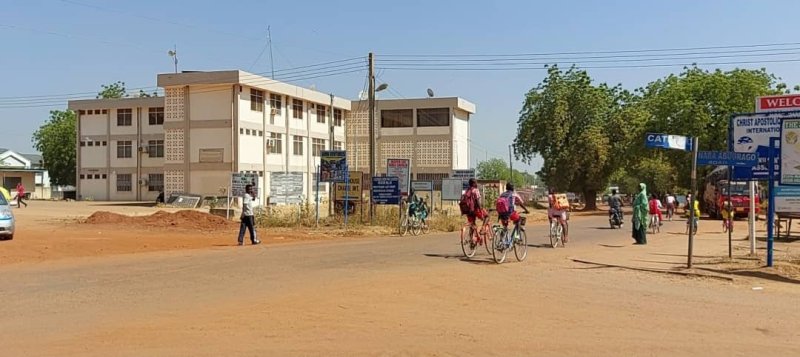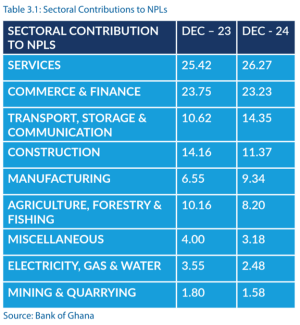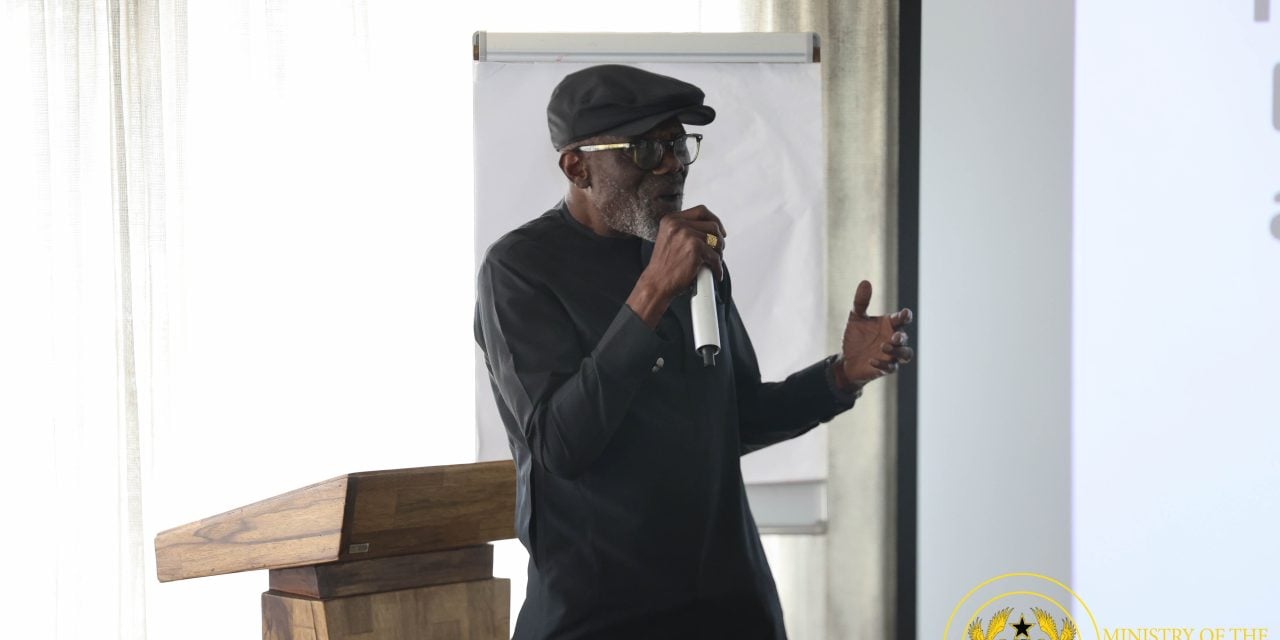
Ghanaian delegation to the just concluded Sub-regional workshop and joint committee meeting organized by the Union of African Shippers Council in conjunction with the United Nations Conference on Trade and Development, UNCTAD, has said that the country increased its share of cargo for Africa's landlocked countries by 30,781 tones in the last two years.
In an exclusive chat with Vanguard Maritime Report in Abuja, the leader of the delegation, Peter Mensah-Abrampah, said that the increase was a result of a deliberate policy by the government of Ghana.
Mensah-Abrampah who is a staff of the Ghana Shippers Authority, GSA, noted that in 2015 Ghana handled 967,761 but that the volume dropped to 801,336 tons of cargo by 2016.
He said that by last year, the figures moved up to 998,542 because the Ghana government removed all the barriers by the country's Customs from the port to border from where such goods move to their destinations.
According to him, "The transit cargo from Ghana has improved as a result of a lot of measures put in place by the government. In 2015 it was about 967,761, it came down in 2016 to 801,336 but then in 2017 it went up again to 998,542.
"This is as a result of measures put in place by the government. One of them is the removal of Customs barrier, the Vice President of the Republic of Ghana directed that all the barriers along the corridors to the geographically challenged countries, Burkina Faso, Niger and Mali, should be removed to make it easy for such cargo to be moved northwards.
"We at Shippers' Council of Ghana have also established what is known as Transit Shipper Committee, TSC, to make sure that all the challenges faced by the transmitters are addressed and we meet regularly.
"The TSC is a committee comprising members of Shippers' Council from Burkina Faso, Niger and Mali. The Ghana Shipper's Council is also a member.
"All the port operators are also members of that committee, so they meet regularly to look at the challenges faced by the transmitters and also how to address them.
"Also the paperless regime was introduced recently, which means everything is done electronically. Once the data is imputed, it can be accessed by all state and none state agencies. So moving from one state agency to another is avoided.
"We also introduced the joint inspection; you know we have Food and Drugs Authority, Ghana Standard Authority, Ghana Customs, they all have something to do with the quality of shipment that is brought into the country.
"Previously each of them would come and take sample for the test and now it has been directed that there should be joint inspection. If it is one agency that is present, the sample he takes for testing should surface for all the state agencies which means that the time spent in doing inspection and all that is reduced which is to the benefit of the shipper because cost is reduces.
"Moving from one state agency to another is avoided, so this has all helped in increasing transit because the frustration that the transmitters face by and large has been reduced."
He also told Vanguard Maritime Report that Gold still tops the export commodity in Ghana representing 57 per cent, followed by Cocoa 13 per cent and Crude oil just seven per cent.
Read Full Story

















Facebook
Twitter
Pinterest
Instagram
Google+
YouTube
LinkedIn
RSS